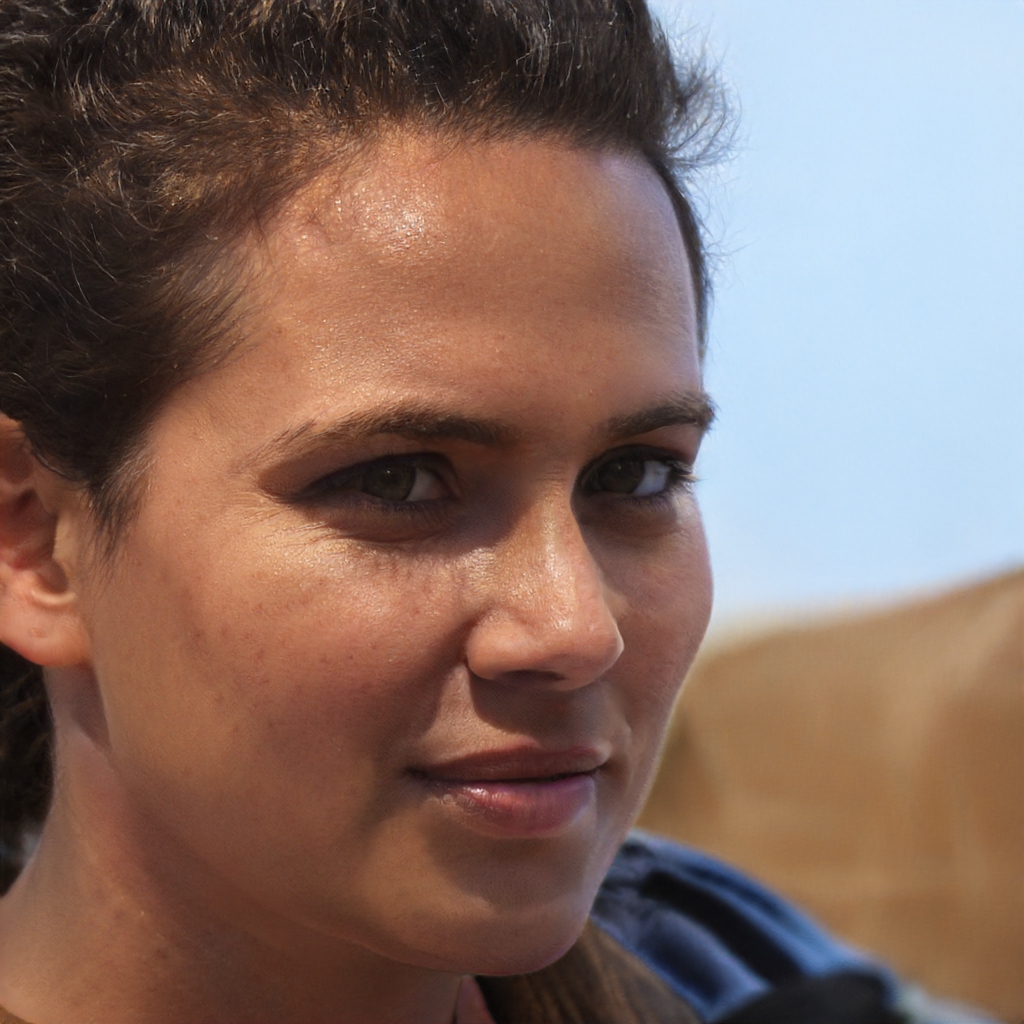Austrian researchers have discovered that microorganisms in the digestive system of cattle would be able to decompose plastic.
Cows, or rather the bacteria in their digestive system, could be a valuable aid to combat the problem of pollution caused by plastic. A team of Austrian scientists has observed that microorganisms in the stomachs of cattle can break down polyester, and this discovery could be key to finding a means to reduce plastic waste. The first results of the research have been published in the journal Frontiers in Bioengineering and Biotechnology.
How cow bacteria can break down plastic
The Austrian scientists' study started from the consideration that a cow's diet contains naturally occurring plant polyesters. The team therefore believes that there is a mechanism within their stomachs that can conduct the hydrolysis of polyester, a chemical reaction that breaks down this material. "A huge microbial community lives in the ruminal reticulum and is responsible for the digestion of food in animals," explained in a note the author of the research, Dr. Doris Ribitsch, from the University of Natural Resources and Life Sciences in Vienna. "So we suspected," she continued, "that some biological activity could also be used for the hydrolysis of polyester."
Once these bacteria were identified in the rumen, which is one of the four compartments of a cow's stomach, the team tested their ability to break down polyethylene terephthalate, or PET, the most common thermoplastic material in the polyester family. They also tested two other types of plastic. One was polybutylene adipate terephthalate, or PBAT, commonly used in compostable plastic bags. The other was polyethylene furanoate, PEF, which is made from sugars derived from plants. Samples of these three plastics were immersed in an incubated ruminal fluid and were turned into a powder or plastic film.
The results were very positive because all three plastics were broken down without any problems. In fact, the powders were decomposed faster than the film. The team also noted that the reactions with the ruminal fluid were more effective than research that looked at a single microorganism to break down the plastic. The scientists hypothesize that the degradation of plastic could be due to the activity of multiple enzymes working under maximum conditions thanks to the properties of the ruminal liquid.
The researchers pointed out, however, that the discovery is only a first step toward a possible solution to the plastic pollution problem. If the liquid can break down the plastic, recycling might be an easier option or there might even be a different, cheaper method in the long run. Either way, scientists are continuing the study to look for ways the process can be used for more environmentally friendly industrial processes.
Research into sustainable ways to effectively destroy or recycle plastic is varied and widespread around the world. A team at the University of Edinburgh, for example, has discovered a way to turn polyester into vanillin, while researchers in Cambridge have made a vegan spider silk-like material that could replace single-use plastics.
Stefania Bernardini
